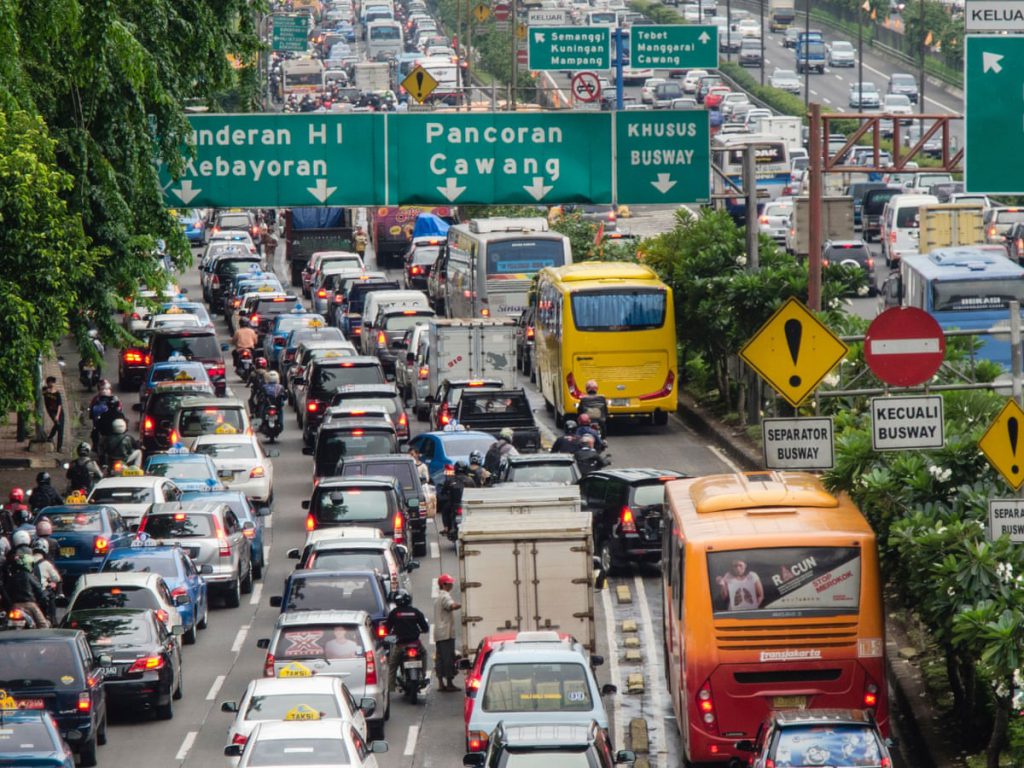The Indonesian Parliament adopted a bill to transfer the country’s capital on January 18. Indonesia’s capital will be relocated from Jakarta to a new metropolis on the island of Borneo.
Nusantara is a planned city in the wooded region of East Kalimantan, around 2,000 kilometers northeast of Jakarta and across the Java Sea.
The decision was made in response to mounting worries about Jakarta’s long-term viability. The project, which will cost more than $30 billion, is Indonesia’s largest. However, it has raised worries about a significant environmental impact.
Jakarta, which has a population of roughly 10 million people, has served as Indonesia’s capital since the country’s independence. The city has experienced a variety of urban issues, including overpopulation and pollution. Jakarta may have some of the world’s most crowded roadways.
One major source of concern for the city’s long-term survival was the fact that it is situated on a marsh on the Indonesian island of Java and has been progressively sinking.
According to studies, While the present capital is plagued by pollution and floods, among other problems, environmentalists are afraid that the new project would transfer such problems to Kalimantan, a region known for its forests and wildlife.
President Joko Widodo originally indicated in August 2019 that the capital will be relocated from Jakarta to a new location.
A new statute enacted in 2022 established a five-step plan to relocate the capital, with the last stage finishing in 2045.
Environmentalists have voiced fears that the proposed project may worsen pollution and other issues in Kalimantan.
The region is noted for its biodiversity, and the rainforests here are home to orangutans, sun bears, and long-nosed monkeys, among other animals.
Critics have warned that the idea might result in huge deforestation and put the biodive system at jeopardy.
Throughout history, states have relocated capitals for a variety of reasons, ranging from weather and military considerations to pride projects and simple politics.
Kazakhstan moved its capital from Almaty to Astana in 1997, a planned metropolis like many other new capitals.
Astana was renamed Nur-Sultan in 2019 after former President Nursultan Nazarbayev, who served as President for a long period (currently facing the ire of protesters amid the recent unrest). In 2005, Myanmar’s capital, Yangon, was transferred to Naypyidaw, a planned metropolis. According to one explanation, the military regime’s decision was motivated by strategic considerations.
Meanwhile, Malaysia’s government relocated from Kuala Lumpur to Putrajaya in 2003. Brazil’s capital was moved from Rio de Janeiro to Brasilia, a more centrally placed city, in 1960. Nigeria’s capital was likewise shifted from Lagos to Abuja in 1991.
